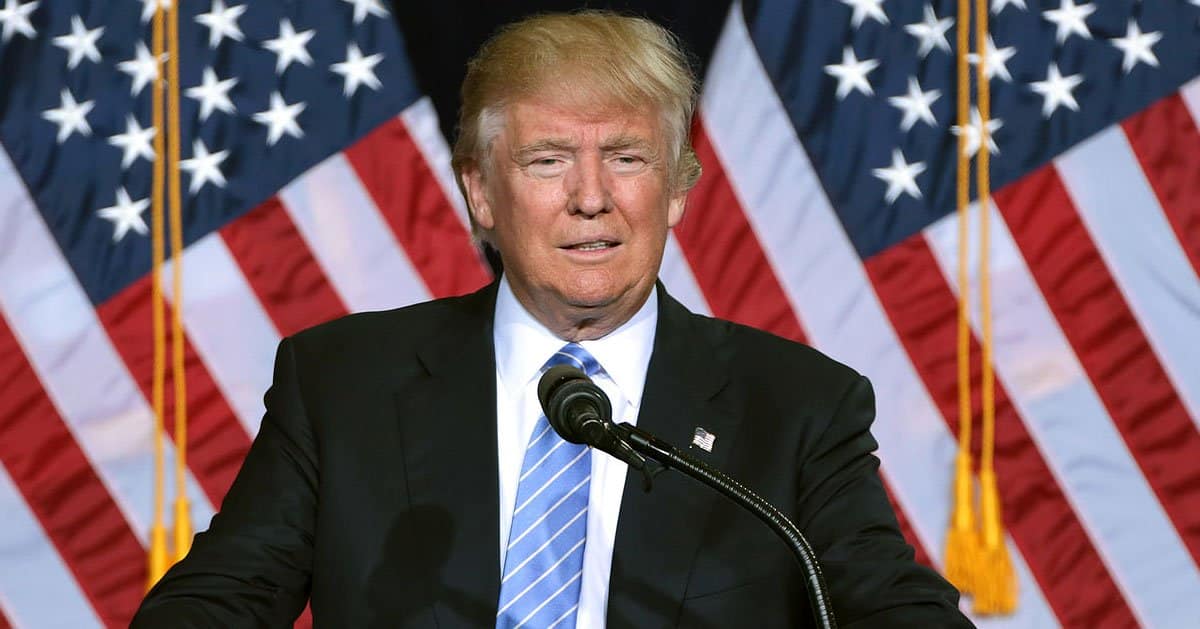







In a stirring call for substantial judicial revisions, President Joe Biden has proposed several critical changes to the U.S. Supreme Court's framework.
The Washington Post reported that during a landmark speech at the Lyndon B. Johnson Presidential Library, Biden outlined plans to impose term limits, introduce a judicial code of ethics, and redefine presidential immunity.
The call for reform comes amid heightened scrutiny of the Supreme Court following a controversial decision regarding presidential immunity.
Addressing a crowd on Monday, Biden discussed his vision for a judiciary system that maintains the trust of the American populace.
Delivering his proposals at the 60th anniversary of the Civil Rights Act, Biden has made headlines not just for the timeliness of his suggestions but also for their potential impact. Highlighting the need for an 18-year term limit for Supreme Court justices, Biden aims to reduce the lifelong power grip that has often been criticized.
Biden's reforms do not stop there; they extend to enforcing a strict code of ethics for the justices. This move comes in response to accusations against some justices failing to disclose personal benefits that could affect their judicial decisions.
Additionally, reflecting on the Supreme Court’s recent ruling protecting former President Donald Trump from prosecution for actions deemed official presidential duties, Biden urged an amendment to curtail this broad shield of immunity.
The urgency of Biden’s proposals can be traced back to the Supreme Court's decision earlier this month. The Court ruled that federal prosecutors could not charge Trump with crimes related to his attempts to overturn the 2020 election results, declaring these actions as within his official presidential capacity.
Consequently, Biden’s proposed “No One Is Above the Law Amendment” targets this loophole by clarifying that such immunity should not protect alleged criminal actions of former presidents, regardless of their context.
This legislative proposal directly responds to widespread concerns over the misuse of presidential powers and the impact of such protections on accountability.
Acknowledging the complexity of the political landscape, Biden admitted the low prospects of these reforms passing through a divided Congress. The reforms are likely to meet significant resistance, particularly in overcoming a Republican filibuster.
Despite his backing for this sweeping judicial overhaul, Biden chose not to support the enlargement of the Supreme Court, a step too far for many moderates and some members within his own Democratic Party.
Republican leaders have been quick to decry Biden's proposals. House Speaker Mike Johnson criticized them as a departure from the enduring values that have shaped the nation's judiciary since its inception.
Vice President Kamala Harris, soon to be the formal Democratic nominee, expressed strong support for these measures. She emphasized the critical role of public trust in the judiciary for achieving justice in the U.S., aligning closely with Biden’s rationale.
Contrasting this support, notable Republicans and several conservatives have voiced staunch opposition, framing these changes as radical and unprecedented.
The dialogue around these proposals underscores a deep ideological divide in American politics, mirroring the broader national debates over the role and reach of the Supreme Court.
In conclusion, President Biden’s push for Supreme Court reforms including term limits for justices, an ethics code, and limitations on presidential immunity marks a bold endeavor to realign the judiciary with modern expectations of transparency and accountability.
While the path forward is fraught with legislative barriers, the debate surrounding these proposals echoes a broader discourse on the power dynamics within American government and the fundamental principle that "no one is above the law."



